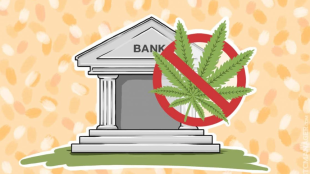Drug Testing for Marijuana: An Arbitrary & Capricious Practice?
(Source) Although congressional efforts to decriminalize marijuana remain ongoing, we have seen the legalization of marijuana in several states both for medicinal use and for recreational use. In as early as 2012 following election day, Colorado became the first state to legalize the use and sale of marijuana. Since then, it isn’t uncommon to see “marijuana tourism,” a term used to describe consumers traveling to use marijuana in those progressive states and territories that legalized its recreational use. Despite the trend of states legalizing marijuana, employers still screen employees and prescreen potential employees for marijuana usage. Is such testing justified or is the practice arbitrary or even adverse to society? Drug tests are optional tests for employers who use them to identify whether employees or prospective employees are using illicit drugs such as methamphetamines, THC which includes marijuana, cocaine, opiates, phencyclidine, and others as requested. These tests may also be in the form of (1) random tests; (2) periodic testing; (3) post-accident testing; (4) reasonable suspicion testing; (5) follow-up testing; or (6) pre-employment testing. The purpose of these tests is to reduce workplace hazards and improve safety as well as productivity, which can be compromised with the use of drugs. [read more]



